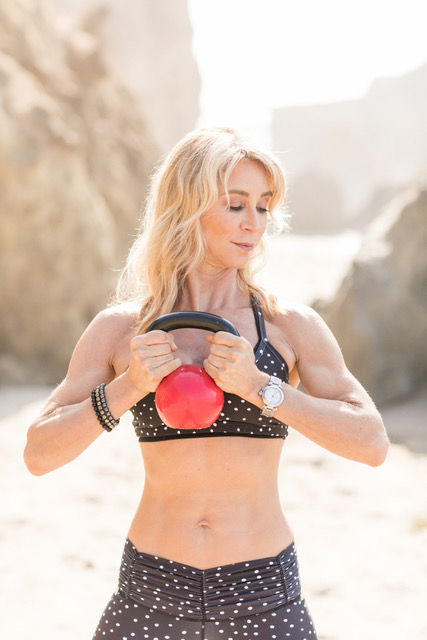Staying Hydrated
Hydration isn’t just important because the human body is mostly made up of water, it’s also important because the balance between water and electrolytes in our bodies is essential to how our bodies’ systems function - like nerves and muscles. That’s why drinking water isn’t just necessary to live, it’s also an important factor in how well our bodies function. In fact, small changes in hydration levels can affect performance issues in sports and the health consequences of dehydration include changes in heart rate and body temperature, not just feeling thirsty.
How Much Water Should I Drink?
Now that it’s summer in sunny California, the sun is out in full strength every day and the heat equals more sweating, which makes you lose water. Athletes also need extra water to make up for the moisture lost during exercise. So you need to drink more water than usual if you exercise, it’s particularly hot or dry where you live, or if you eat a lot of sodium-rich foods.
The amount of water every individual needs varies, but there are a few simple tips and tricks that I like to use to make sure I’m staying hydrated throughout the day. Buying a big reuseable water bottle to sip on throughout the day is good for the environment and gives you more control over
Eat Water-Rich Foods
Watery foods also count towards hydration! Soup, yogurt, fruits, and vegetables are have high water content and will help you stay hydrated. Especially now that it’s summer, fresh fruits & veggies are a delicious, healthy, and refreshing way to stay hydrated and take advantage of the health benefits of seasonal produce. Watermelon, cucumbers, apples, pineapples, celery, and almost all other juicy fruits or non-starchy vegetables are tasty ways to eat your water and sneak in extra vitamins and micronutrients.
How Can I Tell if I’m Dehydrated?
Common signs of dehydration are headaches, cramping, and tiredness/dizziness. However, exercise tends to blunt the thirst mechanism and the body is actually pretty good at hiding mild dehydration, so by the time you notice symptoms like this you’re probably already fairly dehydrated. Your best bet is to make sure you’re urinated about every two hours and that your urine is very light in color. Otherwise, just try to sip on water throughout the day and have a glass of water or another beverage with each meal!
Stay safe, healthy, and hydrated this summer everyone!








